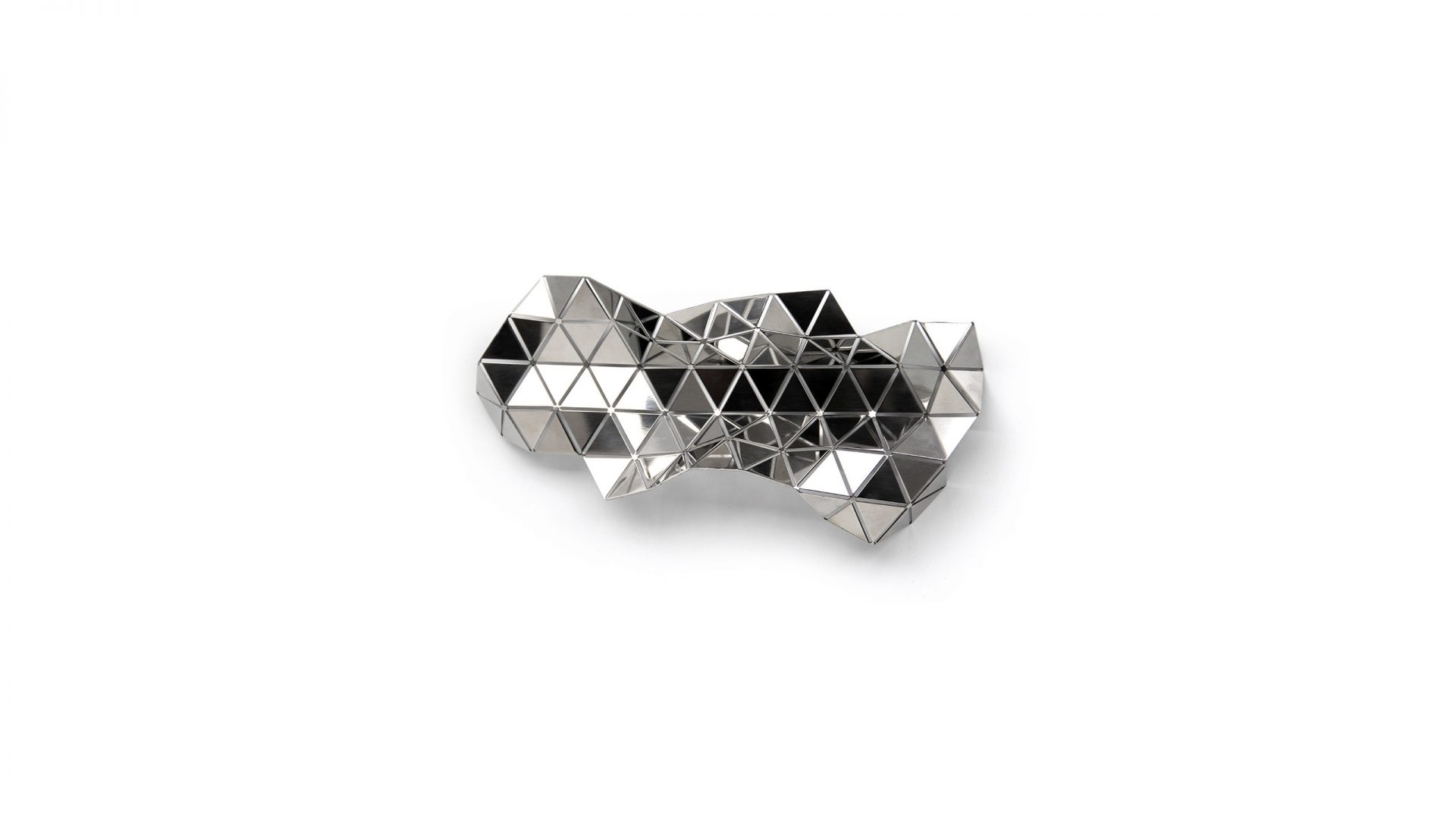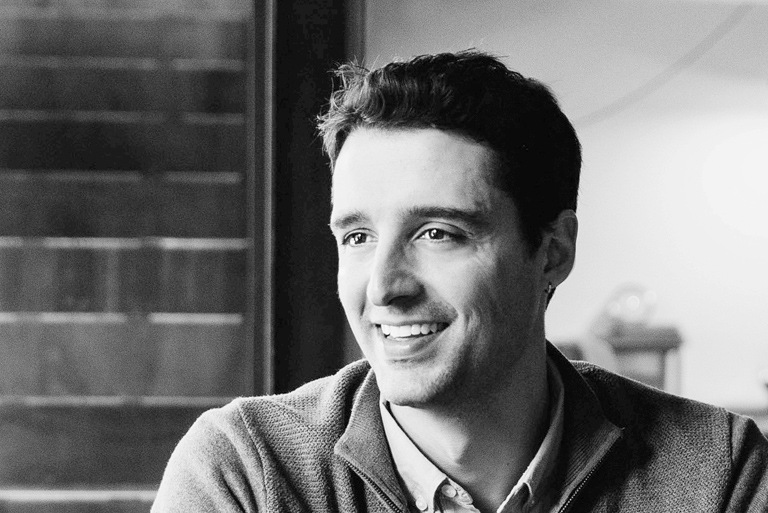Each summer, Mobles 114 entrusts to an artist, designer, photographer or illustrator to design the artwork of our summer greetings. In 2019, Andreu Carulla collaborated with us.
Carulla supports Mediterranean culture (including the noise of crickets, olive trees, pines by the sea or the smell of rosemary and lavender). A Mediterranean atmosphere made of water and sunshine, with children playing on the beach, that has strongly inspired Andreu in its work.
In everything that Carulla works there is a defense of the near, of the local that becomes universal. An attitude of respects towards nature, traditional craftsmanship, mixed with advanced technology. This proximity also connects with the ideas of primitiveness and intuitiveness.

Children’s games have a great influence on his work. One example is the Wild Ware Jurassic Cutlery inspired by the dinosaurs his child used to play with during lunchtime.
Or the Plat Facetat designed for the Celler de Can Roca that starts from a flat plate that you can transform with your hands to give it multiple shapes. A game, in short.

The projects of the designer all come from a spontaneous background: everything that surrounds him can be of influence. With his imagination, he always ends up transforming its creations into honest and beautiful objects.

Andreu Carulla founded his studio in Banyoles in 2006. His work is based on the recovery of traditional and industrial materials. He is committed to always promote the Mediterranean territory and culture. A contagious enthusiasm makes his projects spontaneous and well thought.

Two years ago, Andreu invited us to collaborate on a furnishing project for the Helsinki Design Week, designed together with Mikko Laakkonen for the residence of the Spanish Embassy in Helsinki. From this collaboration came out a collection of tables and stools made of wood, clay, and cork. Natural materials that belong to both Nordic and Mediterranean tradition.





